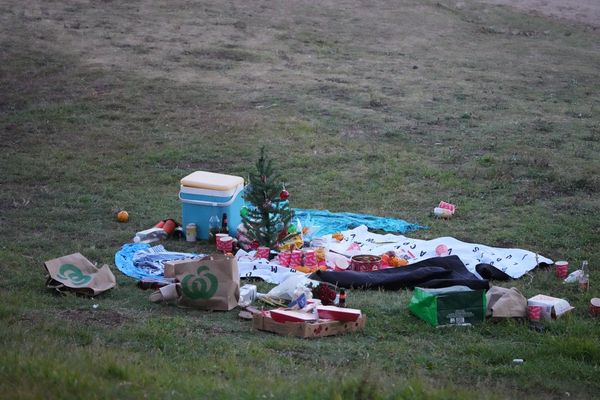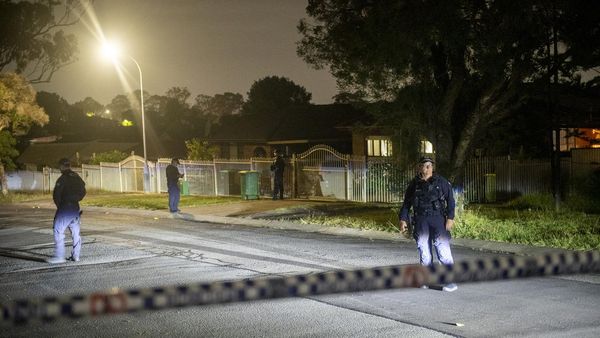
For too many women and children, male violence is a daily reality. About 1.5 million women are victims of domestic abuse each year, and two women a week are killed by a current or former partner in England and Wales. It is vital that women get the support they need to leave abusive relationships. Yet new figures reported in theObserverthis week highlight that thousands of victims of domestic abuse are being turned down for safe accommodation.
Leaving a coercively abusive relationship can be extremely difficult. Women are often cut off from other sources of financial and emotional support by their abusers. They may be economically dependent on their abusive partner as a result of financial control. The point at which a woman leaves an abusive relationship is often one of heightened danger: there is an increase in the risk of violence after separation. While men are also victims of domestic abuse – and it is important that they too can access specialist support – female victims are much more likely to experience repeated and severe forms of abuse, including sexual violence and sustained physical, psychological or emotional abuse, and violence that results in injury or death.
It is therefore vital that women looking to leave abusive relationships can access specialist residential support if needed. This is why the 2021 Domestic Abuse Act – an important piece of legislation that for the first time set out a statutory definition of domestic abuse that includes emotional and economic abuse and coercive control – placed a new duty on local authorities to provide accommodation-based support to victims of domestic abuse and their children.
A legal duty is only as good, however, as councils’ ability to fulfil it. The most appropriate support for women leaving abusive relationships will often be refuges run by women for women, which combine accommodation safe from abusive former partners – who will sometimes go to great lengths to try to track down the women who have left them – with support services such as group counselling and therapy to help them rebuild their lives.
The first women’s refuge was opened in Chiswick, west London, in 1971 with a commitment that it would turn away no woman in need. Other grassroots refuges were opened by women across the country in the years that followed, often run on a shoestring in done-up squats or dilapidated housing that they persuaded councils to hand over.
Over the next few decades, refuges increasingly came to be funded by local councils in recognition of the fact that they remain a vital service in every community afflicted by violence behind closed doors. But since 2010, the funding landscape has become much harsher as a result of local government funding cuts and commissioning practices that favour scale over specialism, and tend to disadvantage the grassroots organisations run by women for women that survivors of domestic abuse and their children need.
Now the first annual progress report from the steering group set up to monitor how councils are meeting their legal duty exposes the gap between need and provision. It reveals that more than 10,000 women escaping domestic abuse were refused safe housing. Almost 8,000 of those refusals were due to a lack of capacity in safe accommodation services, and more than 3,000 because a service could not meet needs such as mental health issues, drug or alcohol use, or disability. This is likely to be an underestimate, as organisations may not refer women who need a refuge space if they already know nowhere is available. There are likely to be particular gaps around specialist services, as well for black and minority ethnic women, and LGBTQ+ people.
Migrant women with no recourse to public funds are extremely vulnerable because they cannot access statutory support as a result of their immigration status, leaving them trapped in dangerous situations. They are put off seeking police help in case it leads to deportation and separation from their children; their abusers know this and use it as an additional means of control.
The government has allocated a total of £257m over the next two years to help councils meet their duty to provide accommodation-based support for victims of domestic abuse. This is clearly not enough; the charity Women’s Aid has calculated that it would take three times this amount to adequately meet need.
This under-resourcing of refuge services is just one example of a dismal societal failure to take male violence against women and children seriously enough. More than 100 women are murdered a year by men in the UK, yet evidence-based programmes to prevent violence against women and children are given a fraction of the funding spent on preventing terrorism. Prosecution rates for rape are so low that sexual violence has effectively become almost decriminalised. In light of evidence that growing up around domestic abuse, alcohol and substance abuse, or having a father in prison, is associated with a higher propensity to violence in boys as they grow up, we need far more investment in breaking the intergenerational cycle of male violence through services that support children experiencing such family trauma. We remain a long way off a society where women and children are safe from male violence.
Do you have an opinion on the issues raised in this article? If you would like to submit a letter of up to 250 words to be considered for publication, email it to us at observer.letters@observer.co.uk







